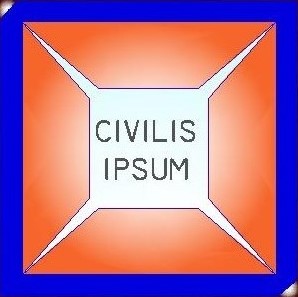Mathematics can broadly be classified into Pure Mathematics and Applied Mathematics. Under these two broad classifications, there many branches, both old and evolving ones.
The branches under Pure Mathematics include but not limited to:
Algebra
Geometry
Arithmetic
Mensuration (Number theory)
Topology etc
The branches under Applied Mathematics include but not limited:
Calculus
Trigonometry
Set Theory
Probability and Statistics etc
These branches of mathematics listed above except calculus and topology could be considered elementary considering the fact that there are other advanced branches of mathematics such as matrix algebra, numerical analysis, complex numbers, game theory etc.
The common branches of mathematics studied in secondary schools in Nigeria are Algebra, Geometry, Arithmetic, Mensuration, Trigonometry and Probability/Statistics. Set theory is also studied. Calculus (often called further mathematics) probably because of its nature is usually introduced at the later part of study and often made an elective course. This field of study was invented by English Scientist, Sir Isaac Newton (1642 – 1727). Calculus is called the mathematics of change which was described by Wallace B. Smith as the most powerful weapon of thought yet devised by the wit of man. The subject mainly deals with the concepts of limits, derivatives and integrals of various functions. Calculus have two branches which are differential calculus and integral calculus. While differential calculus deals with instantaneous rates of change and slopes of curve, integral calculus deals with accumulation of quantities, and areas under or between curves.
Engineering is defined as the application of scientific principles to design and build machines, structures, and other items, including bridges, tunnels, roads, vehicles, and buildings. Most of these machines and structures produced through Engineering design are subjected to instantaneous rates of change, slopes of curves, accumulation of quantities and areas under curves. Mathematics and especially applied mathematics and sciences are very relevant for excellence in Engineering. Most Engineering courses in tertiary institutions require the application of calculus and students who do not have good background in calculus often struggle to cope. A country like Japan, often adjudged the technology capital of the world would require that one have a very strong background in calculus in order to embark on Engineering studies in the country. Similar approve should be adopted in secondary schools in Nigeria. I would recommend that calculus should not just be made an elective course but together with other subjects should be made a regular course and made compulsory for those who wish to study Engineering. Parents whose wards wish to study Engineering should endeavour to ensure that they have a solid background in calculus at the elementary stage through both classroom studies and private tutorship as this would enable them to excel in Engineering studies and practice.

